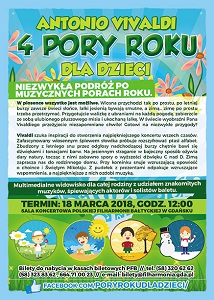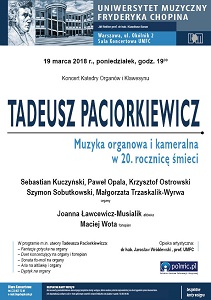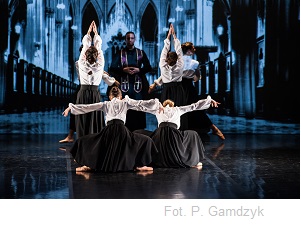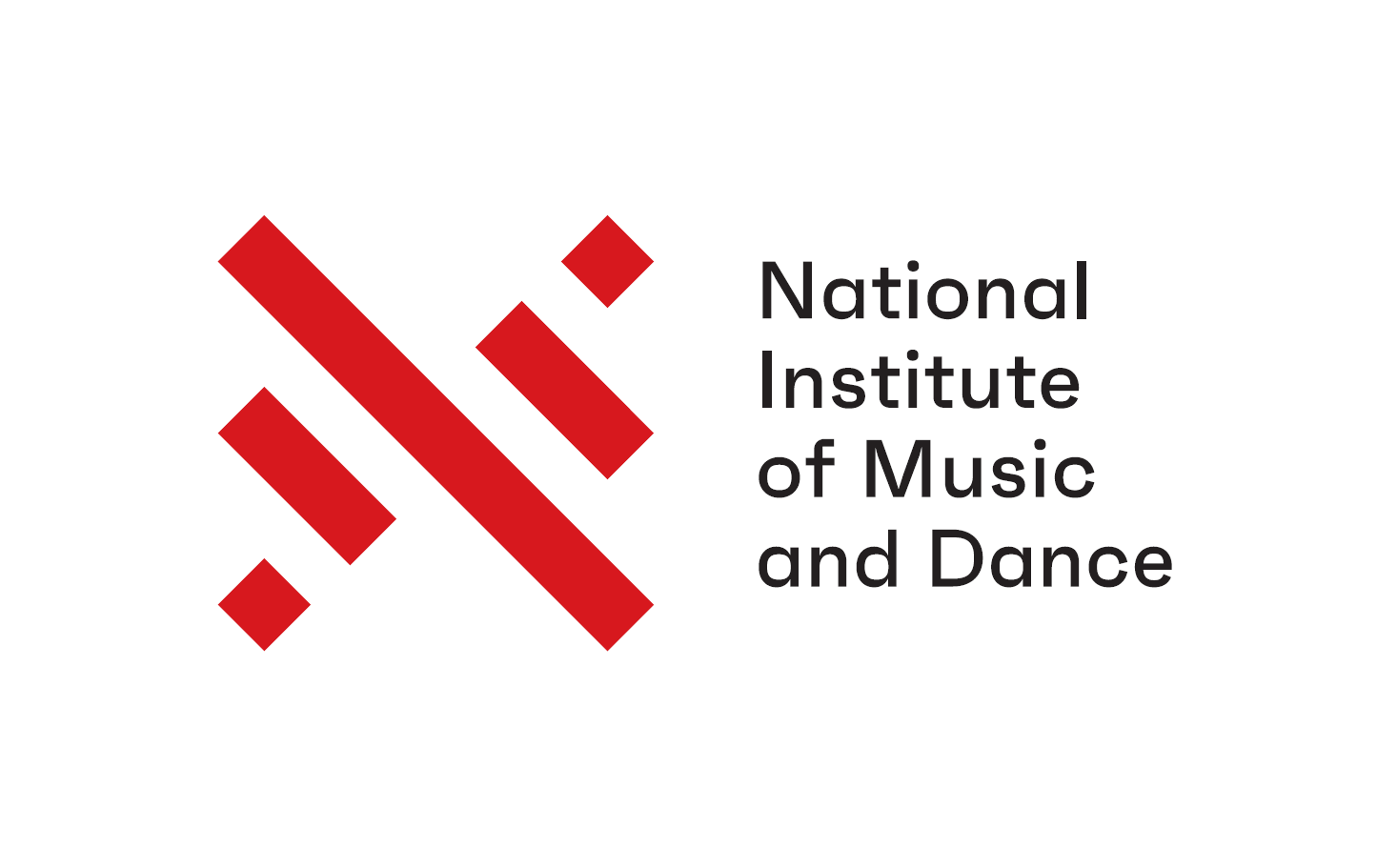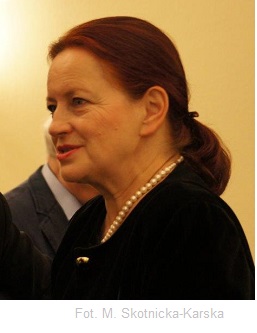
Prof. dr hab. Danuta Szlagowska, a scholar with great knowledge and passion, a member of the Polish Composers' Union, died on 13 March 2018.
The outstanding musicologist taught at the Academy of Music in Gdańsk since 1976 at the Department of Conducting, Composition and Theory of Music. In the years 2008-2016 she was the vice-director of the Institute of Music Theory, she was the coordinator of research projects related to music of the old Gdańsk. She teached classes in the history of music and music literature, as well as music psychology.
Apart from the Gdańsk University, in the years 2008-2014, she worked as a professor at the Fryderyk Chopin University of Music in Warsaw, and also for ten years (1993-2003) lectured at the Feliks Nowowiejski Academy of Music in Bydgoszcz.
Danuta Szlagowska's achievements are extremely broad. A special place in her scientific research is taken by the history of music and music life of the old Gdańsk. As a result, monumental editions of catalogs were prepared, including a list of Gdańsk compositions in the collections of PAN Library in Gdańsk, State Archives in Gdańsk and State Library in Berlin. A number of articles devoted to this issue were published by the Gdańsk Music Academy Publishing House, and the last extremely important achievement in this field was the Thesaurus Musicae Gedanensis series (together with Prof. D. Popinigis), with the music editions of treasures of XVII century Gdańsk published in individual volumes.
From 1996, she was a member of the Polish Composers' Union.
Funeral ceremonies will take place on 17 March 2018 at the Central Cemetery "Srebrzysko" in Gdańsk-Wrzeszcz (2 Srebrniki Street) at 11.00 a.m.








 Instytut Adama Mickiewicza ogłasza kolejny otwarty nabór delegatów – polskich muzyków, menedżerów i promotorów – na najważniejsze targi muzyki klasycznej w Europie Classical:NEXT, które odbędą się w dniach 16–19 maja 2018 roku w Rotterdamie.
Instytut Adama Mickiewicza ogłasza kolejny otwarty nabór delegatów – polskich muzyków, menedżerów i promotorów – na najważniejsze targi muzyki klasycznej w Europie Classical:NEXT, które odbędą się w dniach 16–19 maja 2018 roku w Rotterdamie.
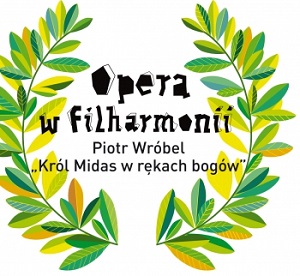 18 marca 2018 roku w Filharmonii Narodowej odbędzie się premiera quasi-opery dla dzieci w dwóch aktach
18 marca 2018 roku w Filharmonii Narodowej odbędzie się premiera quasi-opery dla dzieci w dwóch aktach 
